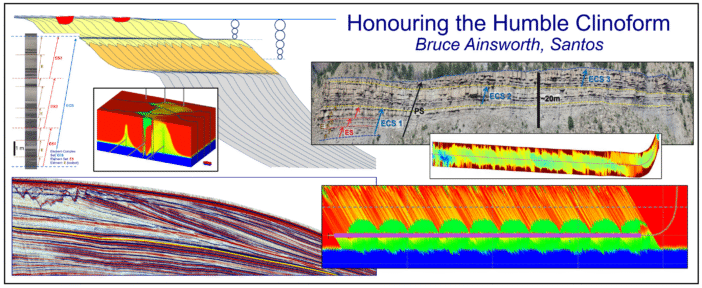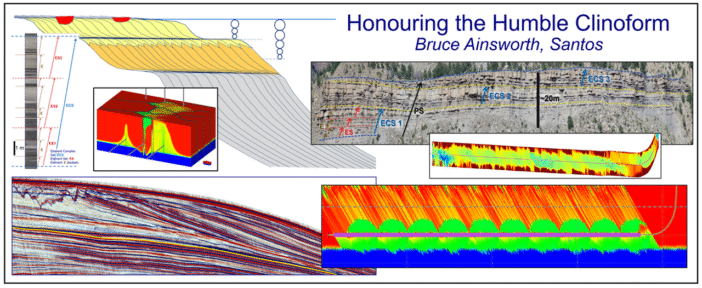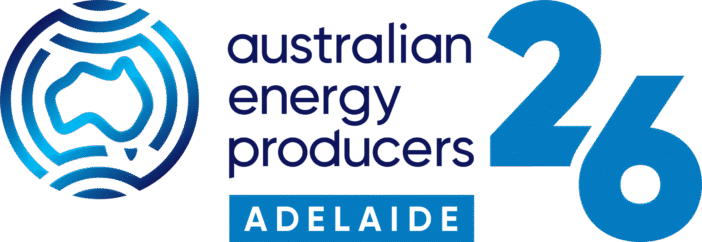
- This event has passed.
PESA & ASEG QLD: Lunch Presentation, 24th February – Dr Moritz Ziegler

This month PESA and ASEG welcomes Dr Moritz Ziegler to present a technical luncheon entitled “The Good, the Bad and the Uncertainties – A model of the stress state”.
The Technical Lunch will be held at the Brisbane Hilton Hotel, in room the Victoria Room.
For detailed directions, see explanation below.
| Presentation: | The Good, the Bad and the Uncertainties – A model of the stress state |
| Venue: | Hilton Hotel Brisbane, 190 Elizabeth Street, Brisbane QLD 4000 Victoria Room (Detailed directions below) |
| Date & Time: | Friday, 24th February 12:15 PM |
Presentation Abstract:
The Good, the Bad and the Uncertainties – A model of the stress state
A profound knowledge of the undisturbed stress state is the basis for an understanding and prediction of effects that occur during subsurface operations. These issues, from wellbore stability to the potential for injection or production induced seismicity are relevant for safety. Safe operation is particularly important with the public as a stakeholder. An increase in subsurface usage in urban areas (for geothermal district heating) is expected in Europe due to the need to become independent from energy imports and meet the climate goals.
The limited availability of stress (magnitude) data records usually doesn’t allow a significant prediction of the stress state in an area of interest. Therefore, geomechanical-numerical modelling is applied. Available stress data records are used to calibrate a model of the subsurface that predicts the stress state at the area of interest. However, the models are subject to large uncertainties due to limited knowledge on rock properties, 3D geology, and stress magnitude data. To allow for a significant interpretation of the model results the uncertainties are quantified. Therefore, a range of different possible stress scenarios that are supported by data are modelled.
To reduce the uncertainties, additional indirect observations of the stress state are used. They are data from boreholes such as Formation Integrity Tests or the observation of Borehole Breakouts, recorded seismicity, or injection-induced stress rotations. The different stress scenarios are compared for their agreement with the indirect data. The more indirect data is in agreement with a certain scenario, the higher is the scenarios probability. Eventually, a Bayesian approach is applied to assign probabilities to individual stress scenarios. This leads to an increase in significance of the model which adds value to the interpretation.
Tickets for the Technical Luncheon can be purchased below:
Early bird pricing will remain available up until Thursday, 16 February 11:30 PM after which, standard pricing will come into effect.
Final numbers to venue required by Tuesday, 21 February 12:00 PM – To avoid disappointment please register before that date and time.
| Early Bird Ticket Price | Standard Ticket Price | |
| PESA Members – $55 Non-Members – $77 Student / Retired Members – $33 |
PESA Members – $77 Non-Members – $99 Student / Retired Members – $33 |
The venue location can be accessed by two means:
1) Entry from Queen Street Mall
Enter the lifts located just to the left of Mick O’Malley’s Irish Pub, and take the lifts to Level 6. Once you exit the lifts, the Victoria Room is immediately to the left.
2) Entry from Elizabeth Street
Enter the foyer located on 190 Elizabeth Street, and take the lifts to Level 6 (Main Foyer). The Victoria Room is located in the back of the main foyer towards the right as you walk past Vintaged Restaurant.
 |
Keep track of upcoming PESA QLD Events: Click here to view PESA QLD Events Calendar on the web |
Click here to subscribe to PESA QLD Events by adding it to your Google Calendar




